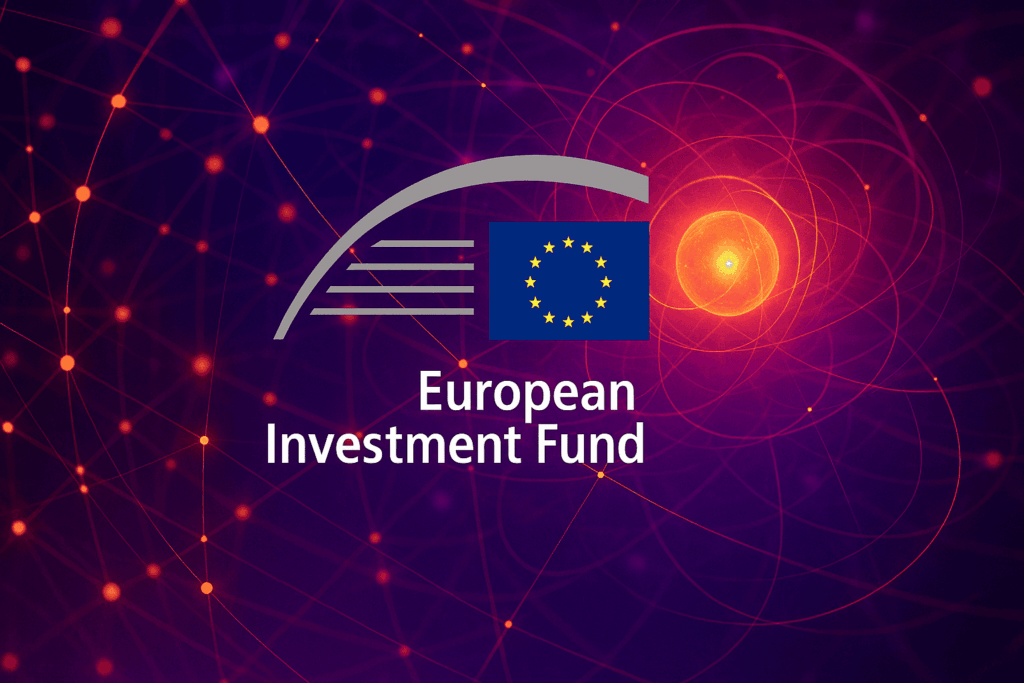The United States and China are often linked as the two well-funded giants of national efforts to tap the power of quantum, while the rest of the world’s quantum leaders lag deep back in the pack.
Based on national quantum investment figures from The Quantum Insider’s Intelligence Platform, that perception holds. The leading countries in raw numbers are China (although the precise amount is widely disputed), United States, Germany, France, the United Kingdom, Canada, India, Netherlands and Israel.
But, when comparing expenditures in quantum as percentage of gross domestic product — GDP — a completely different picture emerges, with the United States sinking to the bottom of the list. Meanwhile, smaller countries, such as Israel and Netherlands — which have been earning headlines for quantum advances, it should be pointed out — are among the leading investors in this emerging technology.
Here’s how that list (in U.S. dollars) changes when GDP — which is the total monetary or market value of all the finished goods and services produced within a country’s borders in a specific time period. — is taken into consideration:

China has committed about $15 billion of its $17.73 trillion GDP — or about 0.00088 (.088 percent) of that number. The investment — which, admittedly, is widely debated and may serve only as a rough estimate — is treated as a strategic industry in the country’s five-year plans.
Israel has committed $405 million and has about $488 billion GDP. That investment would be about .00082 (.082 percent) of its total GDP.
The Netherlands has a $1.01 trillion GDP and has committed about $684 million on quantum technologies, putting about .00067 of its GDP to work for quantum. The National Agenda for Quantum Technology guides much of the nation’s strategic quantum direction.
Germany has committed $2.7 billion on its quantum strategy, which is .00064 (.064 percent) of its $4.26 trillion GDP.
Canada has been more aggressive in spending on quantum recently — and it’s pushing the country up among the leaders. The country has committed $949 million of its $1.98 trillion GDP, meaning its spending about .00047 (.047 percent) of its GDP on quantum technologies.
France’s most recent GDP numbers is set at $2.958 trillion. Its $1.8 billion quantum commitments is about .0004 (.04 percent) of its total GDP.
The United Kingdom’s numbers are close to France. The country has a $3.1 trillion GDP and has committed about $1.2 billion on quantum, which is .00038 (.038 percent) of its GDP. The UK strategy was one of the first announced and many are awaiting for guidance on an update for 2024 onwards.
India has a $3.17 trillion GDP and has a $808 million quantum budget. The country spends approximately .00025 (.025 percent) on quantum.
The United States’ investment of $3 billion is one of the largest investments in quantum, in raw numbers. However, when compared to its $23.3 trillion GDP, the country slinks to the bottom of the list. That quantum investment is just .00012 (.012 percent) of its GDP.
This is roughly the same percentage that Australia has committed to quantum, as a point of comparison.
If — big if — China’s numbers are accurate, the United States would need to increase its own spending levels by about 700 percent — to about $22 billion — to match China’s spending levels in quantum. Even still, the U.S. would need to double or triple its spending just to fall into what seems to be the spending range of western democracies, such as Germany, France and the UK.
Quantum spending has important national security implications. Beside offering profound computational advantages, countries that master quantum tech could tap satellite-free navigation, for example, and use new quantum-based cryptographic techniques to protect secrets, on one hand, and, on the ominous other hand, be able to hack secrets protected by current methods.
Arthur Herman, senior fellow of the Hudson Institute and director of the institute’s Quantum Alliance Initiative, considers the potential of quantum falling in the wrong hands as not just A threat to national security, but perhaps THE threat that governments are facing.
“In the final analysis, we are going to need an all-of-government approach to dealing with the gravest cybersecurity threat of this generation — indeed, the greatest threat of this century,” Herman writes in The Hill.
Some important disclosures. These are the latest figures for both quantum expenditures and economic figures. These change rapidly. The United States has a decentralized centralized or maybe a centralized decentralized approach to funding the sciences, so we might not be totally sure that its national numbers completely captures its investment in quantum technology and quantum sciences. It’s also important to note that China takes a secretive approach to budgeting in the sciences. Its quantum budget is a black box and it wouldn’t be surprising that the country is investing much more in this emerging technology. Of course, it wouldn’t be surprising that China is spending much less.
It’s also important to note that funding totals do not necessarily equate with “wise” funding. The total expenditures may rely on many variables, such as access to talent and supply chain adaptation.
If you found this article to be informative, you can explore more current quantum news here, exclusives, interviews, and podcasts.
















